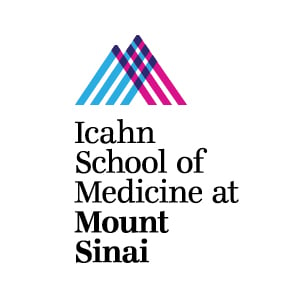- Joined
- May 11, 2017
- Messages
- 23
- Reaction score
- 14
I'm adding in some last minute schools on AMCAS, and I'm wondering if the wise users of SDN could share with me any knowledge they have about schools with stronger than average medical humanities opportunities. I know it's not a terribly popular focus for most applicants, and scouring every single school website for this info is taking a toll on me since schools don't advertise such opportunities nearly as much as they tout classic premed attractors like public health, clinical research, etc. I've searched and Googled probably at least 40 schools individually by now, and I don't doubt that I've missed something at some point.
By stronger, I mean that they either have some sort of academic center or department dedicated to the medical humanities (often paired with bioethics) or medical humanities are available as a scholarly concentration/project/focus/etc. I'm not counting schools that ONLY have medical humanities available as electives or extracurricular activities, since those are a dime a dozen. I'm also not counting schools that focus only on bioethics with little/no mention of other medical humanities disciplines (e.g. narrative medicine, medical anthropology, etc.).
I would especially love to hear about any personal anecdotes or experiences from current/incoming medical students interested in the same field about how the school you're going to offers (or doesn't offer) relevant opportunities.
By stronger, I mean that they either have some sort of academic center or department dedicated to the medical humanities (often paired with bioethics) or medical humanities are available as a scholarly concentration/project/focus/etc. I'm not counting schools that ONLY have medical humanities available as electives or extracurricular activities, since those are a dime a dozen. I'm also not counting schools that focus only on bioethics with little/no mention of other medical humanities disciplines (e.g. narrative medicine, medical anthropology, etc.).
I would especially love to hear about any personal anecdotes or experiences from current/incoming medical students interested in the same field about how the school you're going to offers (or doesn't offer) relevant opportunities.
Last edited:

